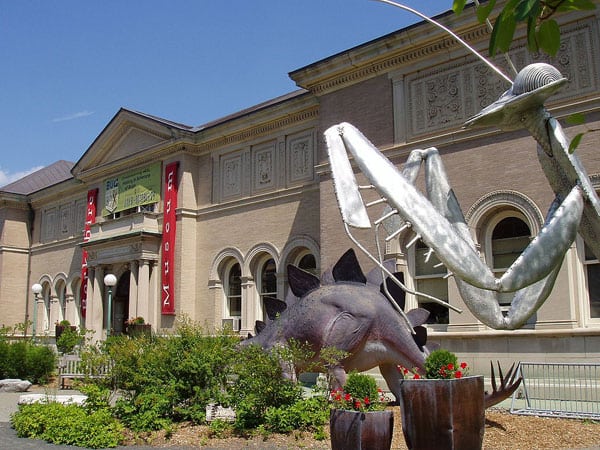
May 27, 2018; New York Times
Nonprofits make use of all kinds of capital to do their work effectively, including social capital. It’s one of the benefits that can sometimes make work in this sector different. But that kind of capital—not just with individuals, but with their fields—only works if you work it.
While the Berkshire Museum received permission from the Massachusetts state attorney general’s office to sell 40 works of art to fund a refocusing and programmatic expansion and to further fund its endowment, it did so despite opposition from local community members, the family of Norman Rockwell, and other museums. Now that 13 pieces have been sold at auction, the museum faces sanctions from a national museum association, which will mean far less cooperation from its peers.
Sign up for our free newsletters
Subscribe to NPQ's newsletters to have our top stories delivered directly to your inbox.
By signing up, you agree to our privacy policy and terms of use, and to receive messages from NPQ and our partners.
In particular, the Association of Art Museum Directors (AAMD) asked each of its 243 members to refrain from lending art to the northern Massachusetts museum.
“Selling art to support any need other than to build a museum’s collection fundamentally undermines the critically important relationships between museums, donors, and the public,” the AAMD wrote in a statement, explaining their ethical objections. “When museums violate the trust of their donors and the public, they diminish the opportunity and responsibility to make great works of art available to the public.”
Carol Bosco Baumann, speaking for the museum, said that the organization had taken the possibility of such sanctions into account as they made their decision. Both AAMD and the American Alliance of Museums (AAM) also protested the sale of the artworks in a letter they released in July of last year.—Ruth McCambridge













